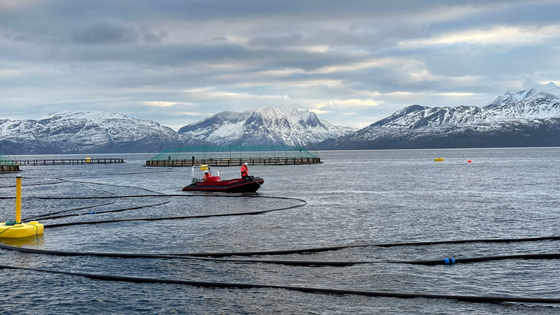
SINTEF, Folla Alger and Cermaq are testing a new combined sea site for salmon and kelp: will contribute to the green shift
Last week, Folla Alger stocked the first kelp in its new combined sea site for salmon and kelp in Steigen in Nordland, Norway.

Last week, Folla Alger stocked the first kelp in its new combined sea site for salmon and kelp in Steigen in Nordland, Norway.
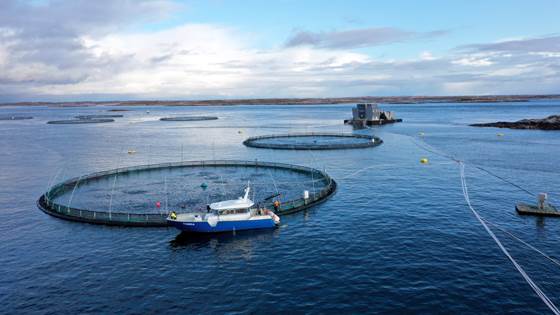
New numbers confirm that certain value-chain activities, such as air transit and feed production, have a stronger impact on carbon emissions, but they also point to ways to help.
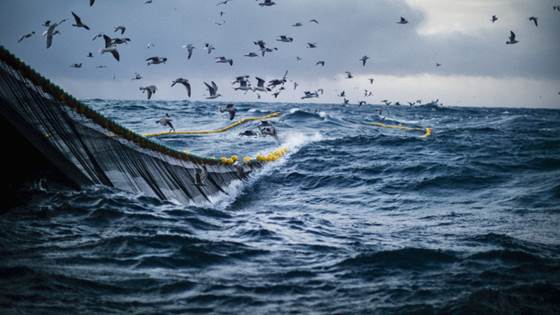
The total contribution to wealth creation from the Norwegian marine fishing fleet in 2021 was NOK 32.8 billion, including ripple effects.
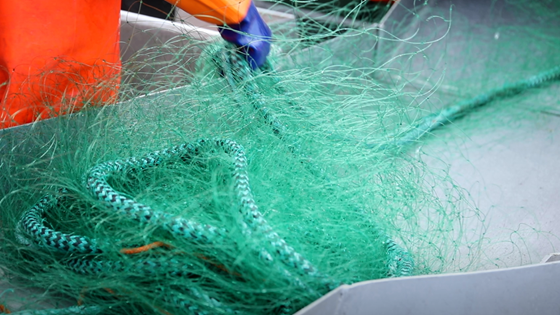
The fisheries and aquaculture sectors are major users of plastics. A research project has recently been launched to investigate how these plastics can be recycled and made into new products.
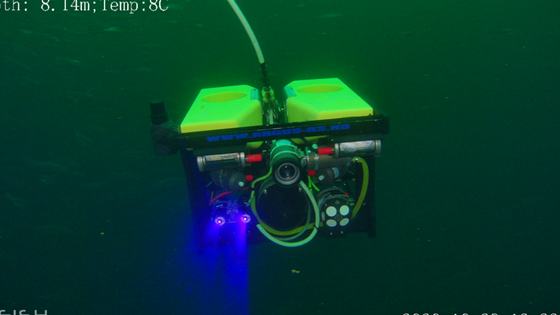
Artificial intelligence can be of great benefit underwater and SINTEF, in collaboration with the research centre SFI Exposed, is developing systems that will help to boost fish farm safety and security under harsh sea conditions.
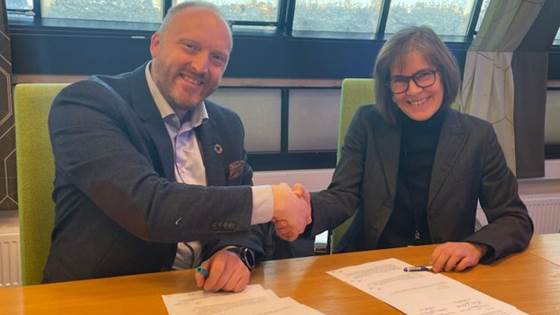
Trondheim, 8 December 2022: a letter of intent has been signed between SINTEF and Sustainable Energy that will guarantee Norwegian industry access to relevant research and testing infrastructure. This will be necessary for realising the green shift.
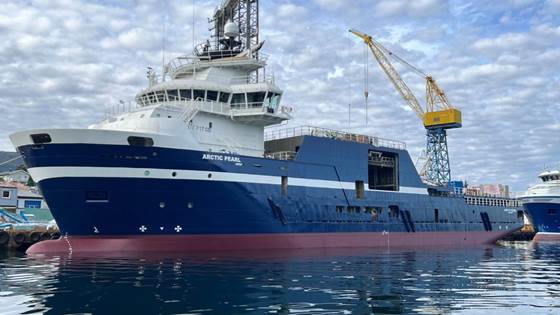
The Arctic Pearl is setting course for the Barents Sea in search of the shellfish delicacy Iceland scallop. It is the first and only vessel of its kind, crammed with new technology that may herald the start of a new era in bottom fishing.
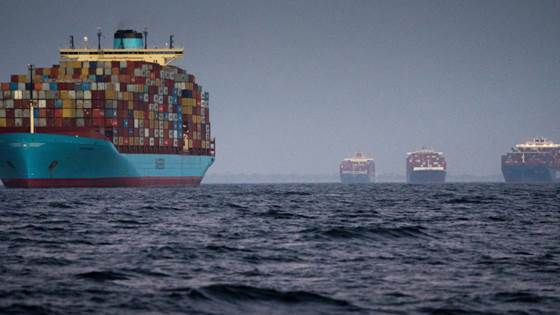
How does the chain of suppliers impact on a company’s climate footprint? This is a key question and, according to a recently established entrepreneur in the field, Norwegian know-how stands ready to offer the world the answer.

Scientists have now found out how to optimise the functional and aesthetic character of the world’s first fully electric high-speed ferry. The aim is to persuade passengers to opt for fossil-free transport.